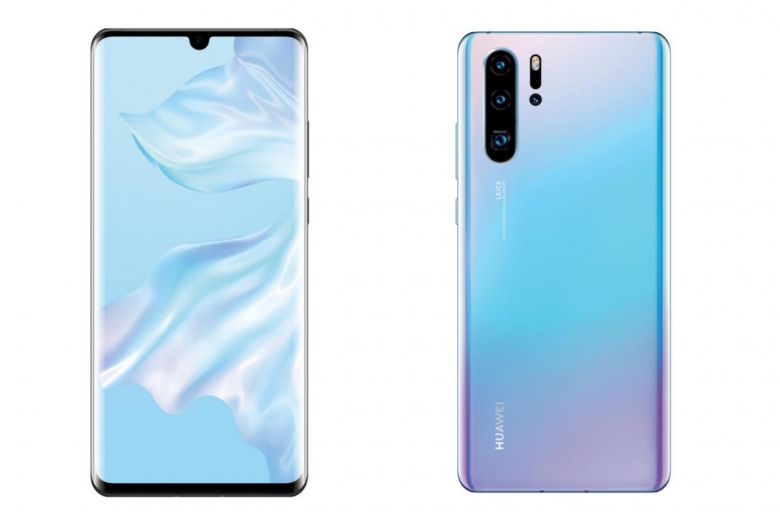Huawei presents flagship smartphone P30 Pro in Paris


PARIS - Huawei, the world's third-largest smartphone maker, presented its new flagship phone in Paris on Tuesday with the hope of making further gains in Europe, a region where its other products could face in-depth scrutiny for security reasons.
Huawei's P30 Pro, which has four rear cameras - including a so-called "time of flight" camera that helps its artificial intelligence create better exposures - will aim to take on Samsung's Galaxy S10 and Apple's iPhone X.
The phone has a new light sensor that detects yellow rather than green, which Huawei said would significantly boost light absorption to create better results, even in near darkness.
The P30 Pro, Huawei's P30 premium version, also uses electromagnetism to vibrate the screen to create a speaker when the device is held up to the face, minimizing any sound problems when taking a telephone call, added the company.

An executive at Huawei's product launch in Paris said the P30 would go on sale with a starting price of 799 euros (S$1217), while the P30 Pro would have a starting price of 999 euros.
The unveiling of Huawei's smartphone in Paris coincides with the visit of Chinese President Xi Jinping to the French capital, where President Emmanuel Macron held a meeting along with German Chancellor Angela Merkel and European Commission President Jean-Claude Juncker to discuss climate and trade.
Huawei, which also makes telecoms network equipment, has been under much international scrutiny following US allegations that the Chinese giant's products could be used by Beijing for spying.
The company has strongly rejected the allegations and earlier this month sued the US government over the issue.
Before his Paris visit, Xi stopped in Monaco, the tiny sovereign enclave on the Mediterranean, to mark the principality's decision last year to agree on a deal with Huawei to develop its 5G network, prompting concerns among European officials that other countries could follow suit.
The European Commission is poised to urge EU countries to share more data to tackle cybersecurity risks related to the next generation of mobile technology, or 5G, but will ignore US calls to ban Huawei, people familiar with the matter said last week.